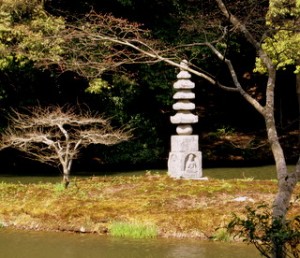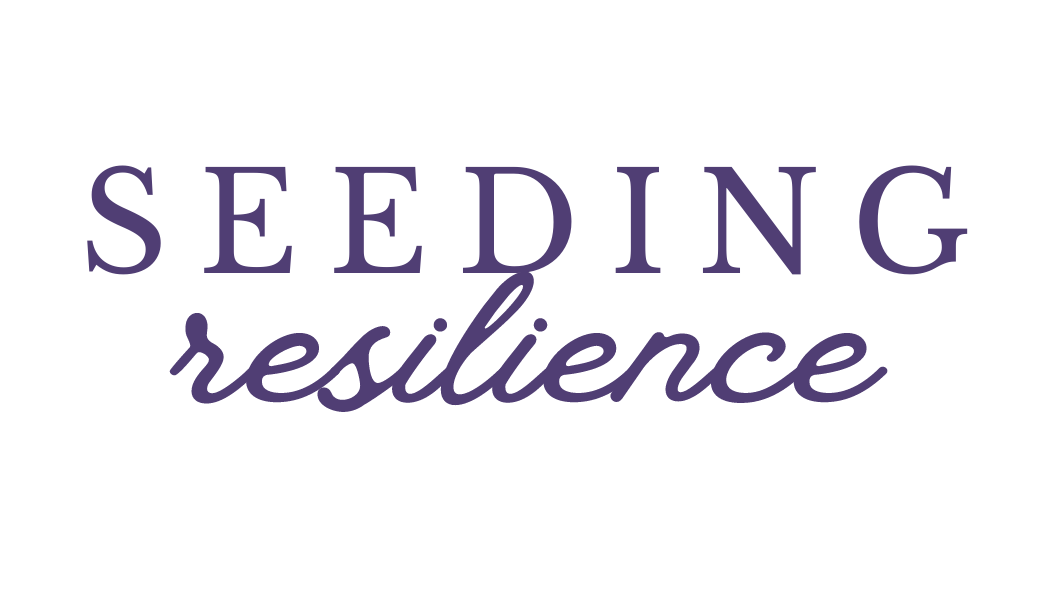Article first posted as 'Guiding Children Through Tragedy' on Technorati, where it made the Thursday front page!
 News of the Japan earthquake and resulting tsunami and nuclear disasters is hard to stomach as an adult. Around the world, people are struggling with their feelings of helplessness, insecurity, and anxiety.
News of the Japan earthquake and resulting tsunami and nuclear disasters is hard to stomach as an adult. Around the world, people are struggling with their feelings of helplessness, insecurity, and anxiety.
In this information age, children are often witness to images from a disaster. Even if parents manage to keep them sheltered from media, kids can sense when their mothers or fathers are worried about something big.
Andy Newman in the New York Times tells of his wife assuring their six-year-old daughter that the photograph she saw of rescue workers helping a Japanese person in visible distress was, "a movie for grown-ups."
This type of shielding does little to actually protect children; it instead can lead to misinterpretations and confusing feelings that the child cannot process alone.
To find another way, I sought out the wisdom of the late Mr. Fred Rogers. He advises parents to explain disasters in an age-appropriate fashion, focusing on the helpers like rescue and hospital workers. Being naturally self-centered, children need to be reassured that they are safe and their feelings are accepted.
On the day of the Japan earthquake, my personal world was rocked. We have very good friends in Japan, including my 'sister' Miyuki who was a bridesmaid in my wedding. I immediately shared with my five-year-old daughter Lil, "There's been a big earthquake in Japan where the ground shook for a really long time. I'm worried about our friends there." Just like Mr. Rogers said she would, Lil asked about herself. "We are safe here in Ohio," I explained, continuing with a little description of plate tectonics.
My husband, a nuclear engineer by trade, and I continue to read the news. We save talking to each other about the tragedy for after our daughter's bedtime.
What I do share with Lil, who visited our friends in Japan at age 1 1/2, are our tangible actions. I reached out by email to our Japanese friends Naoko and Miyuki. When Naoko responded, I read the important parts to Lil to let her know that our friend is safe. I made several paper cranes and they will sit by our dinner candle until I have confirmed that Miyuki too is well. We are deciding as a family whether, where, and how much to donate to relief organizations.
Knowing that natural disasters will continue throughout my life and my daughter's, I wish to give her tools to process her feelings and be safe. Mr. Rogers says it best, "if we can bring our children understanding, comfort, and hopefulness when they need this kind of support, then they are more likely to grow into adults who can find these resources within themselves later on."
------
Update #1: Miyuki emailed us on Thursday. She wrote "Everyday all of the Japanese TV program shows only earthquake news now, and I can’t believe this very worst event…
I’m assailed by a feeling of seeing a fiction move…
Anyway, my family is fine, so don’t worry about us, and please pray for all the sufferers."
We are, of course, very relieved to know that our friend is well. Certainly we are thinking of all in Japan and around the world affected by natural and human disasters.
Update #2: The Japanese exchange program I volunteer with is still looking for host families for this summer. If you want to do more than donate to Japanese relief services, consider opening your home to a student. Read about how my family benefits from hosting exchange students or jump to the Ohio 4-H International host family application. Keep in mind that your home must have a student aged 11-17 to be a host sibling for this program.
